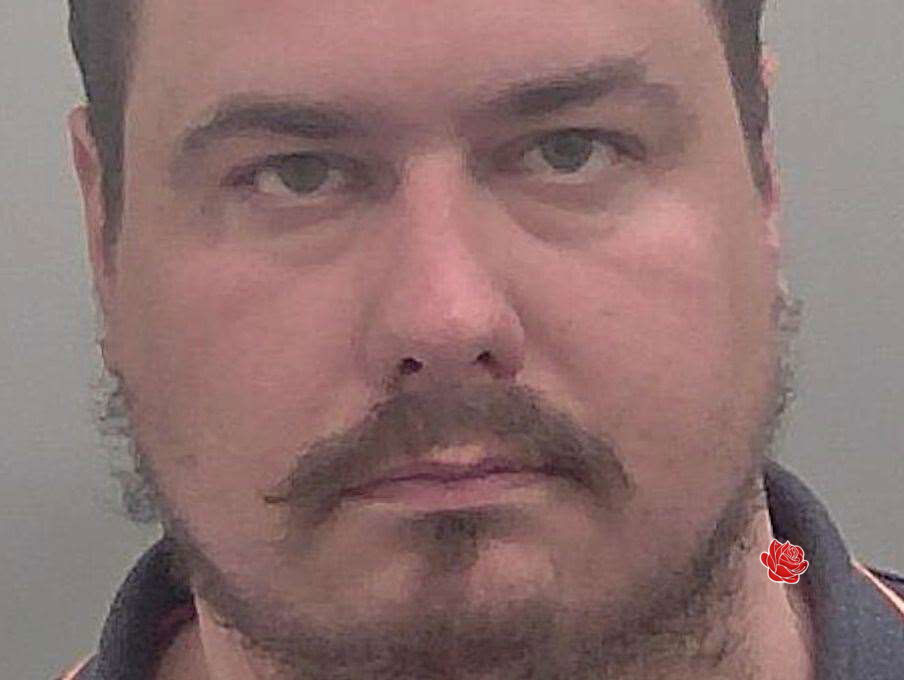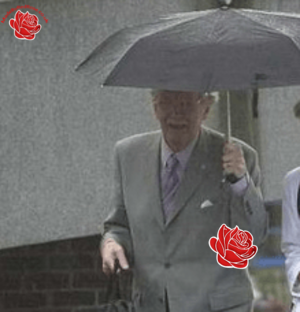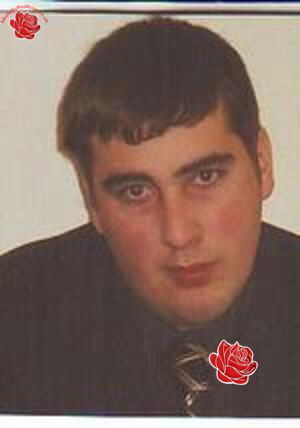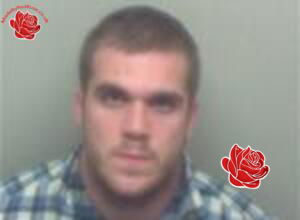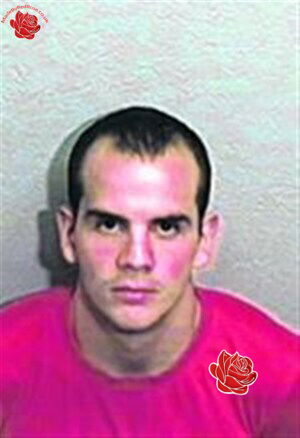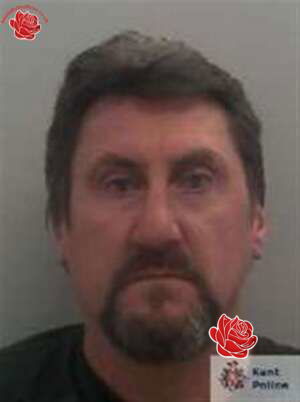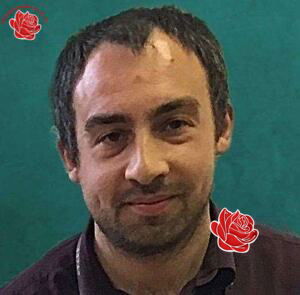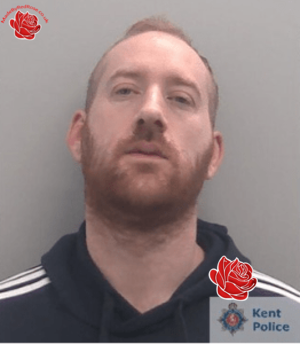Stephen Merrifield/Welstead's Social Media Accounts
Know a Social Media Account Linked to Stephen Merrifield/Welstead?
Want to add information? Log in to your account to contribute accounts and phone numbers.
STEPHEN MERRIFIELD'S REIGN OF TERROR IN BLANDFORD AND GILLINGHAM: SERIAL PAEDOPHILE STRIKES AGAIN
In December 2010, the community was shaken once more as Stephen Paul Merrifield, also known by the surname Welstead, appeared before magistrates in Weymouth to face serious allegations of breaching a court order designed to protect children from his predatory behavior. Merrifield, aged 66 and residing at Horkesley Hall Farm on Common Mead Lane in Gillingham, was brought into court in custody, assisted by security personnel due to his apparent physical difficulties, which made walking challenging. His appearance was marked by the gravity of the charges, as he pleaded guilty to multiple violations of a sexual offences prevention order that had been issued against him years earlier.It was established that Merrifield had previously been subject to a court order made by South Somerset magistrates on October 18, 2005, which explicitly prohibited him from any form of contact—be it written, verbal, or electronic—with individuals under the age of 16. The order also forbade him from wearing uniforms associated with public service vehicles or military attire, including any decorations that could suggest a military or official capacity. Despite this, Merrifield had repeatedly violated these restrictions, with the latest incidents occurring in Gillingham and Blandford.
Prosecutor Heather Jackson detailed that the Court of Appeal had confirmed the order as indefinite on July 27 of the previous year, emphasizing the seriousness of Merrifield’s breaches. The first of these breaches involved Merrifield sitting on a bus that was carrying approximately 50 schoolchildren. Witnesses reported that Merrifield appeared lonely, prompting a young boy, only 11 years old, to approach him. The boy, who cannot be named for legal reasons, described Merrifield as looking very isolated, which motivated him to initiate conversation. Merrifield introduced himself as “Paul” and engaged the boy in a discussion about his interests, including aspirations to become a coach driver, a profession Merrifield claimed to have experience in.
On a subsequent occasion in early December, the same boy encountered Merrifield again on the bus. During this encounter, Merrifield presented the boy with a small toy—specifically a Corgi model of a National Express coach—and handed him a label bearing the coach company's logo, with his mobile phone number written on the back. Merrifield suggested that the boy’s mother could contact him if she had any concerns about their communication. The boy, unaware of the potential implications, shared these details with his mother, who promptly reported the incident to the police.
Law enforcement officers quickly identified Merrifield as the individual known as “Paul.” As they approached his residence near the Waitrose store, they observed him walking along the street. Notably, Merrifield was wearing a long black overcoat with a badge on the left lapel bearing the letters “PSV,” which officers recognized as a symbol associated with bus conductors and public service vehicles. After his arrest, Merrifield was seen removing the badge while in the back of the police vehicle, further indicating his awareness of the restrictions placed upon him.
During the court proceedings, Heather Jackson highlighted that Merrifield had already committed three breaches of the court order prior to these latest incidents. The prosecution argued that Merrifield’s actions appeared to be a deliberate attempt to communicate with children under 16, particularly targeting schoolchildren on the bus. Jackson pointed out that Merrifield, at the time of the latest breaches, was fully aware that the bus was transporting minors and should have disembarked immediately to avoid further contact.
Defense lawyer Kenny Sharpe contested some of the allegations, claiming that the badge Merrifield wore was related to a service vehicle preservation club, not a public service uniform. He also stated that Merrifield had not intentionally sat next to the boy or initiated contact, asserting that Merrifield’s address was already known to police through the sex offenders register. Merrifield, who suffers from various health issues, maintained that he did not deliberately seek out children and that his actions were not malicious.
Historically, Merrifield’s criminal record is extensive. In November 2005, he was sentenced to three years in prison after being convicted of breaching a sexual offences prevention order and for previous sex offenses involving boys aged 14. This order was the first of its kind in Dorset, and Merrifield’s subsequent behavior demonstrated a pattern of disregard for legal restrictions. Just weeks after the order was imposed, Merrifield approached a three-year-old boy, enticing him with a model train set. Prosecutor Robert Pawson explained that Merrifield had been prohibited from contacting anyone under 16 and from wearing any bus or public service uniform, yet he breached these conditions again by attending a local fete dressed in a manner that suggested he was violating the order. Recognized by off-duty police officers, Merrifield was found wearing a bus driver’s uniform and was observed taking photographs of young boys, actions that further underscored his ongoing violations.
Despite pleading guilty to these breaches, Merrifield denied ever speaking to the three-year-old or taking photographs of children at the fete. His defense argued that Merrifield was himself a victim of sexual abuse, a claim that was met with skepticism by the court. Judge Harvey Clark QC condemned Merrifield’s continued denial of his issues, emphasizing the need to protect the public from his predatory tendencies. The judge also reaffirmed that Merrifield’s long history of sexual offenses would necessitate his registration on the sex offenders register for life, reflecting the severity of his criminal behavior and the ongoing risk he poses to society.

